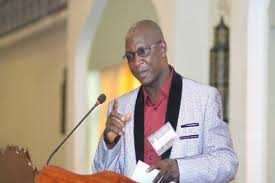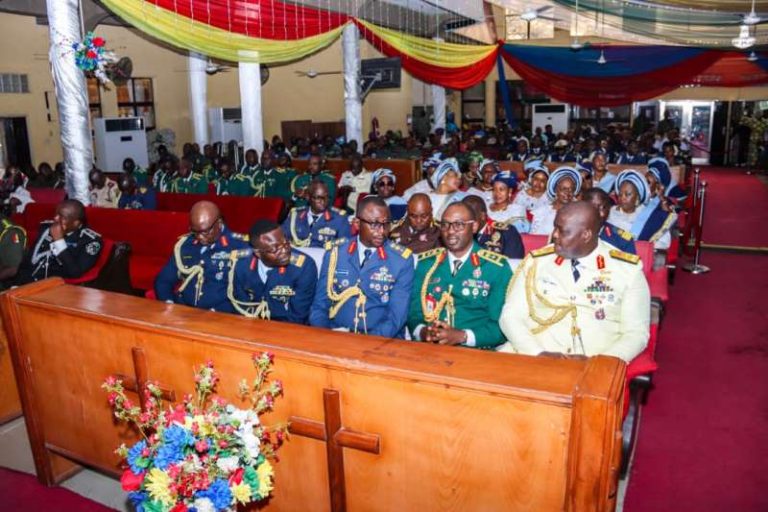
The Chief Justice of Nigeria, CJN, Justice Kudirat Kekere-Ekun, Monday, swore in 57 legal practitioners as Senior Advocates of Nigeria, SAN, at the Supreme Court Compex, Abuja.
Among those elevated was Adedayo Adesina, a legal practitioner, reform advocate, and co-founder of Oyewole & Adesina, whose career has been marked by excellence in advocacy, judicial reform, and public service.
Speaking during the special session of the Supreme Court marking the commencement of the 2025/2026 Legal Year, Justice Kekere-Ekun described the conferment of the SAN rank as a moment of “solemn reflection and renewed commitment to the noble calling of justice.”
She urged the new SANs to uphold the dignity of the rank, warning that the privilege could be withdrawn if abused.
“This occasion is not merely a celebration of time passing, but a call to take stock, reflect on our challenges and achievements, and recommit ourselves to the ideals of justice, fairness, and service to the Nigerian people,” the CJN said.
Justice Kekere-Ekun also paid tribute to four eminent jurists who passed away during the last legal year, including former Chief Justice Muhammadu Lawal Uwais and three retired Supreme Court justices. She praised their “unwavering commitment to justice” and extended condolences to their families and the families of judicial staff lost during the year.
The CJN highlighted major reforms undertaken in the judiciary over the past year, including:
Petition Resolution: All pending petitions before the National Judicial Council, NJC, were resolved, with sanctions imposed where necessary and exonerations granted to those unjustly accused. A serial frivolous petitioner was barred from filing further petitions, while errant lawyers were referred to the Legal Practitioners’ Disciplinary Committee, LPDC.
Court Modernization: Case management systems were streamlined, court records digitized, and a new Court Records Processing Unit established to drastically reduce missing files.
Improved Access to Justice: A Central Information Unit and Case Continuation Unit now allow lawyers and litigants to track case progress with ease.
Digitization: The Nigerian Case Management System, NCMS, is set for nationwide rollout, enabling e-filing of appeals and reducing delays caused by physical filings.
Automation: The Supreme Court’s Notary Public Unit is now fully automated, with an Electronic Notary Register, ENR, for centralized tracking of certified Notaries.
Staff Welfare: Salaries and allowances were paid promptly, welfare packages improved, and constructive engagement with JUSUN helped avoid strikes.
The CJN reported that the Supreme Court heard 2,280 matters, including 560 appeals, and delivered 369 judgments, a significant rise from the previous year’s 247.



